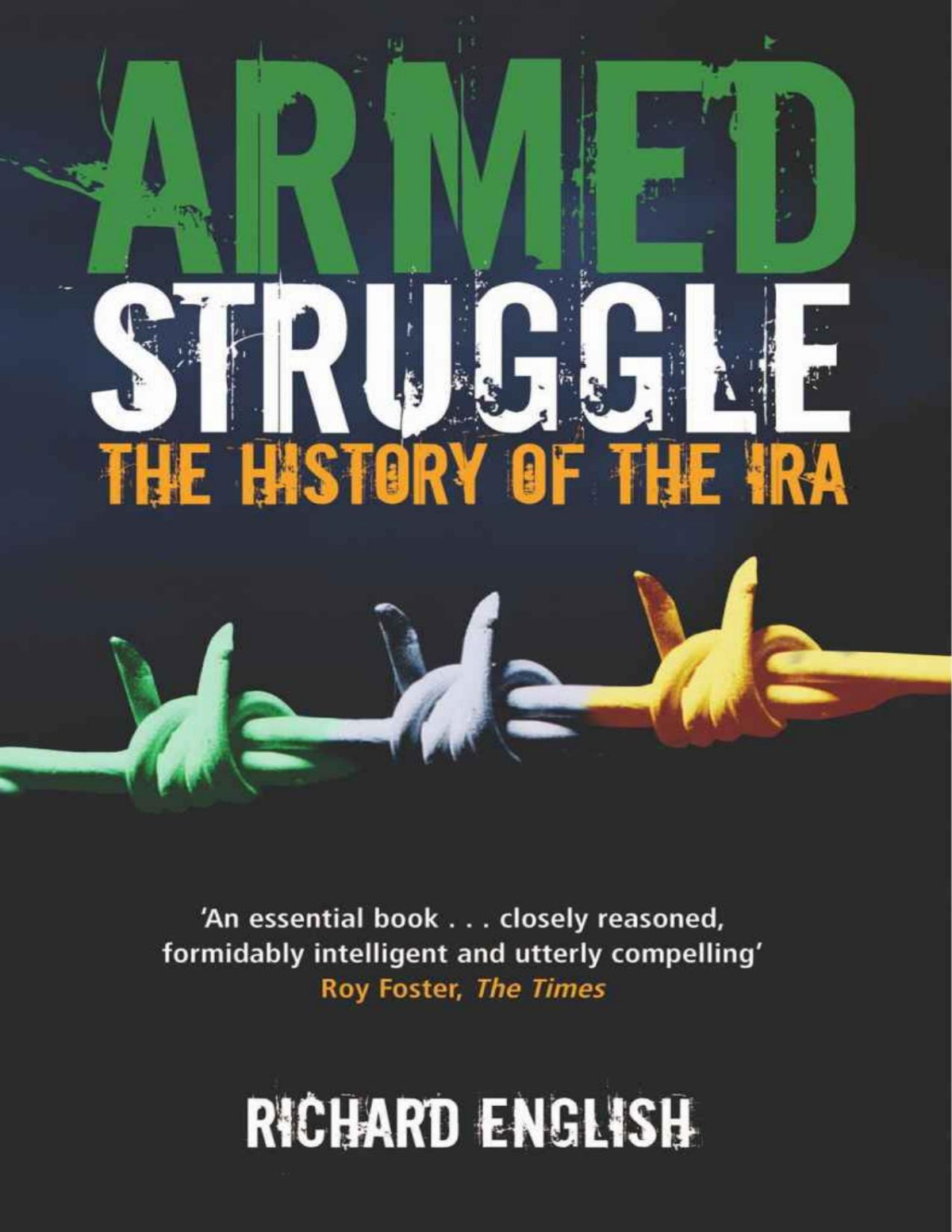

Most ebook files are in PDF format, so you can easily read them using various software such as Foxit Reader or directly on the Google Chrome browser.
Some ebook files are released by publishers in other formats such as .awz, .mobi, .epub, .fb2, etc. You may need to install specific software to read these formats on mobile/PC, such as Calibre.
Please read the tutorial at this link: https://ebookbell.com/faq
We offer FREE conversion to the popular formats you request; however, this may take some time. Therefore, right after payment, please email us, and we will try to provide the service as quickly as possible.
For some exceptional file formats or broken links (if any), please refrain from opening any disputes. Instead, email us first, and we will try to assist within a maximum of 6 hours.
EbookBell Team

4.0
86 reviewsThe IRA has been a much richer, more complexly layered, and more protean organization than is frequently recognized. It is also more open to balanced examination now--at the end of its long war in the north of Ireland--than it was even a few years ago.
Richard English's brilliant book offers a detailed history of the IRA, providing invaluable historical depth to our understanding of the modern-day Provisionals, the more militant wing formed in 1969 dedicated to the removal of the British Government from Northern Ireland and the reunification of Ireland. English examines the dramatic events of the Easter Rising in 1916 and the bitter guerrilla war of 1919-21, the partitioning of Ireland in the 1920s, and the Irish Civil War of 1922-23. Here, too, are the IRA campaigns in Northern Ireland and Britain from the 1930s through the 1960s. He shows how the Provisionals were born out of the turbulence generated by the 1960s civil rights movement, and examines the escalating violence that introduced British troops to the streets of Northern Ireland. He also examines the split in the IRA that produced the Provisionals, the introduction of internment in 1971, and the tragedy of Bloody Sunday in 1972. He then discusses the struggle over political status, culminating in the Hunger Strikes of the early 1980s and describes the Provisionals' emergence as a more committed political force throughout that decade, a politicization that made possible the peace process that has developed over the last decade. English offers a dazzling synthesis of the motives, actions and consequences of the IRA. Neither romanticizing the IRA nor condemning them outright, this is a balanced, definitive treatment of one of the world's leading revolutionary movements.
**